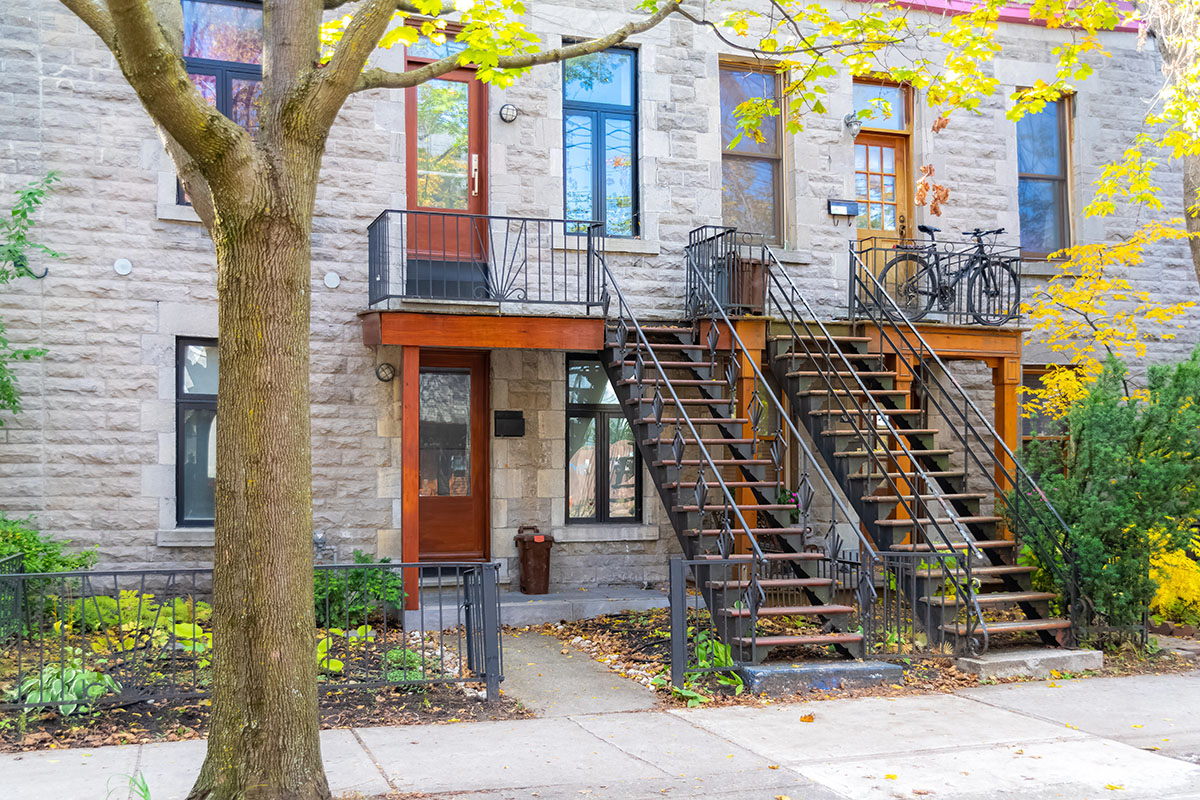It’s now mid-October, and you have a clear, urgent goal: you need to close on a home before the end of the year. Maybe it’s a job relocation that starts next year. Maybe it’s a tax strategy that requires you to own the property before the calendar flips. Maybe you just want the peace of mind of being settled in your new home before the holidays.
Whatever the reason, the question burning in your mind is simple: is this even possible?
The short answer is yes, it’s absolutely possible to close on a home before the end of the year, even if you’re starting your search in the fall. But it requires a clear understanding of the timeline, a commitment to moving quickly through each phase, and the guidance of an experienced real estate professional who can keep the process on track.
Let’s work backward from your goal and map out exactly what needs to happen and when.
Table of Contents
December 31st: Your Goal Line
This is your target. The day you want to be sitting at the closing table, signing the final documents, and receiving the keys to your new home. To make this happen, we need to reverse engineer the entire process.
December 15th to December 28th: The Closing Window
In a perfect world, you would close on December 31st itself. In reality, you should aim for a closing date between December 15th and December 28th. Why? Because the final week of December is an operational challenge. Many title companies, lenders, and even some real estate offices operate on reduced holiday schedules. Escrow officers and loan processors may be taking time off. Trying to coordinate a closing on December 30th or 31st is possible, but it adds unnecessary stress and risk.
Closing earlier in the month gives you a buffer for any unexpected delays, like a last-minute inspection issue or a small paperwork hiccup that needs to be corrected.
Late November to Mid-December: The Final Stretch
Once you have an accepted offer, the clock starts ticking on a very specific and structured timeline. A typical residential real estate transaction takes 30 to 45 days from the day an offer is accepted to the day of closing.
During this period, several critical milestones must be hit in sequence. You’ll have an option period, typically 7 to 10 days, during which you conduct your home inspection. Any major issues discovered must be negotiated with the seller immediately. Your lender will order an appraisal to ensure the home’s value supports the loan amount. You’ll finalize your mortgage application, providing all required financial documentation to the underwriter.
If you want to close by mid to late December, this means you need to have an accepted offer no later than mid-November. This is your first hard deadline.
Early to Mid-November: The Offer and Negotiation Phase
Finding the right home and getting your offer accepted is the most unpredictable part of the timeline. In a competitive market, you might write multiple offers before one is accepted. In a slower market, you may have more negotiating power but also fewer options to choose from.
To reach an accepted offer by mid-November, you need to be actively touring homes, and writing offers in early November. This is not the time to be casually browsing listings on weekends. You need to be in full search mode, working closely with your agent to view homes as soon as they hit the market and being ready to make a strong, competitive offer on the right property.
Your agent’s expertise is absolutely critical at this stage. They’ll help you write a compelling offer that stands out, negotiate on your behalf, and move the process along as quickly as possible.
Late October to Early November: The Preparation Phase
Before you can even start touring homes, there are essential steps that must be taken. The single most important task is getting fully pre-approved for a mortgage. This is not the same as being pre-qualified. A pre-qualification is a quick, informal estimate. A pre-approval is a thorough review by a lender who has verified your income, assets, and credit and has issued a formal commitment to lend you a specific amount.
A strong preapproval letter is your ticket to being taken seriously by sellers. In a time sensitive situation, a seller is not going to accept an offer from a buyer who hasn’t proven they can actually secure financing.
You should also be working with your real estate agent to get crystal clear on your must haves, your budget, and your target neighborhoods. The more focused your search, the faster you can move when the right home appears.
The Reality Check: What Can Go Wrong
Even with perfect planning, real estate transactions can experience delays. Understanding the common culprits can help you avoid them or at least be prepared.
The most frequent delay is issues discovered during the home inspection. If the inspection reveals a major problem like a failing HVAC system or foundation issues, you will need time to negotiate repairs or a price adjustment with the seller. In a time crunch, you may need to make the tough decision to walk away and start over with a different property.
Appraisal delays can also slow things down. If the lender’s appraiser is backed up or if the appraisal comes in lower than the purchase price, this creates an issue that must be resolved before the lender can approve the loan.
Finally, title issues can emerge. If there is an unresolved lien, an error in the property’s deed, or a question about ownership, the title company will not issue a clear title, and the closing cannot proceed until the issue is resolved.
The Key to Success: Decisiveness and Communication
If you’re serious about closing before the end of the year, the two most important qualities you need are the ability to make decisions quickly and a commitment to staying in constant communication with your real estate agent and your lender.
Every day counts. When your agent calls to schedule a showing, you need to make it happen that day or the next. When your lender requests a document, you need to provide it within hours, not days. When an inspection issue arises, you need to make a decision about how to proceed immediately, not after a week of deliberation.
This is not the time for analysis paralysis. With the guidance of trusted agents, you can make smart, confident decisions quickly and keep the process moving forward.
Closing on a home before the end of the year is an ambitious goal, but it’s absolutely achievable with the right preparation, the right team, and the right mindset. The calendar may be tight, but the reward of walking into your new home before the new year is well worth the focused effort.
FAQs
What is the absolute latest I can start looking and still close by December 31st?
If you are already fully pre-approved and can move very quickly, you could potentially start your search in mid-November and still close by the end of the year, but this would require everything to go perfectly. The safer and more realistic approach is to start your search no later than early November.
Can I speed up the closing process by paying cash instead of using a mortgage?
Yes, absolutely. A cash purchase eliminates the entire mortgage approval process, which is often the longest part of the timeline. A cash buyer with no financing contingency can often close in as little as two weeks, making a yearend closing much more feasible even if you start late in the year.
What happens if we get to mid December and it’s clear we won’t close in time?
If it becomes clear that the closing will not happen before the end of the year, you have a few options. You can negotiate with the seller to extend the closing date into early January. You can also ask your lender if there are any ways to expedite the remaining steps. In some cases, the issue is minor and a few extra days in early January solves the problem.
Are sellers less willing to negotiate or work with buyers during the holiday season?
Not necessarily. In fact, a seller who has their home on the market during the holidays is often highly motivated to sell. They may be more willing to negotiate and work with a serious buyer who can close quickly. The key is presenting yourself as a strong, qualified, and motivated buyer from the very beginning.
Should we still get a home inspection if we are in a huge rush to close?
Yes, you should never waive the home inspection, even in a time crunch. The inspection is your only opportunity to discover major issues before you commit to the purchase. The key is to schedule it immediately during your option period and be prepared to make fast decisions based on the results.




